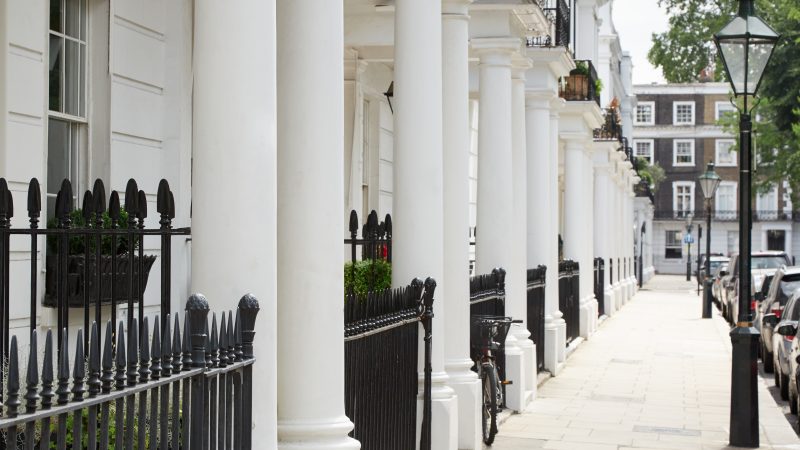
London’s dirty money problem is firmly back in the headlines, thanks to Vladimir Putin’s aggression towards Ukraine and the turmoil in Kazakhstan. Oligarchs from Russia, Kazakhstan and other kleptocracies have long used London property as a safe harbour for corrupt funds. This has undermined democratic accountability and activists pushing for open societies in those countries. It has created a national security risk in Britain, particularly when political donations are used to influence policy. But it is also disastrous for the London communities on the receiving end of these money flows, such as Kensington, which is simultaneously one of the richest and most unequal boroughs in England.
In Kensington and Chelsea, we are at the epicentre of this problem. Approximately 6,000 properties in the borough are registered to anonymously owned companies, a quarter of which are based in Jersey and the British Virgin Islands. Unsurprisingly, the citizens of Jersey and BVI are not on a property spending spree. Most of these companies are controlled by oligarchs or their families, who shift their wealth through a web of tax havens and complex financial structures that end up in the London ‘laundromat’.
Whistleblowers and brave investigative journalism, from the Panama Papers to the Pandora Papers, have given us a glimpse into this world. We know from these leaks that the ruling family of Azerbaijan owns £45m worth of luxury property in Holland Park alone, despite the official register recording only four Azeri-owned properties in our borough. Their overall London property empire of mainly empty houses is worth £420m.
This matters because Kensington and Chelsea is the poster child of modern inequality in Britain. We regularly top the list of richest boroughs and have the most expensive property in London, while 13% of households are overcrowded and the temporary accommodation level is 50% higher than London overall. The council is one of the worst performers nationally for meeting its housing delivery targets set by the central government, which means it is failing to provide enough affordable housing. This contributes to an extreme level of inequality where one in four children grow up in poverty.
Government policy to tackle this problem has been unambitious and slow. A long promised Economic Crimes Bill would create a public register of foreign owned property and reform Companies House so it can do better due diligence. But it has yet to see the light of day. Lord Agnew, one of the ministers responsible for tackling fraud and corruption in the UK, recently resigned over government inaction. Another initiative touted by the government and the Prime Minister are Unexplained Wealth Orders. These are designed to make it easier for investigators to follow the money, yet the chronically underfunded investigative units have only managed to use them four times.
Labour frontbenchers have been increasingly vocal about the need for new legislation and a raft of policy changes to tackle corruption in the UK. Sadiq Khan has made the London case for clamping down on foreign-owned luxury property, while David Lammy and Tulip Siddiq have both highlighted the need for Britain to get its own house in order to meaningfully penalise Russian aggression in Eastern Europe.
This is welcome, but it must go further to end a culture of impunity for dirty money in Britain and to directly benefit communities like Kensington that have been on the frontline of this decades long policy failure. The National Crime Agency estimates money laundering in Britain costs the economy more than £100bn each year, while according to Spotlight on Corruption only £852m is allocated to the national level agencies to tackle the issue. Investing more in enforcement would pay for itself, but it also needs to directly benefit those that have suffered.
Alongside rapid increases in the budget for anti-corruption and enforcement agencies in the UK should be the creation of a new proceeds of corruption fund, ensuring part of the dividends are invested in social housing in areas where the problem has been most acute, such as Kensington. These funds could also be made available to local authorities housing refugees from the countries where autocrats have been looting the state.
For too long, an elite group of estate agents, lawyers, accountants, banks and public relations professionals have turned a blind eye to dirty money, and profited at the expense of communities across London. It’s time to turn the tables, stop the flood of dirty money, and invest in closing the inequality gap where it is needed most.
Joe Powell writes in a personal capacity.




More from LabourList
Nudification apps facilitate digital sexual assault – and they should be banned
Diane Abbott suspended from Labour after defending racism comments
Labour campaign groups join forces to call for reinstatement of MPs